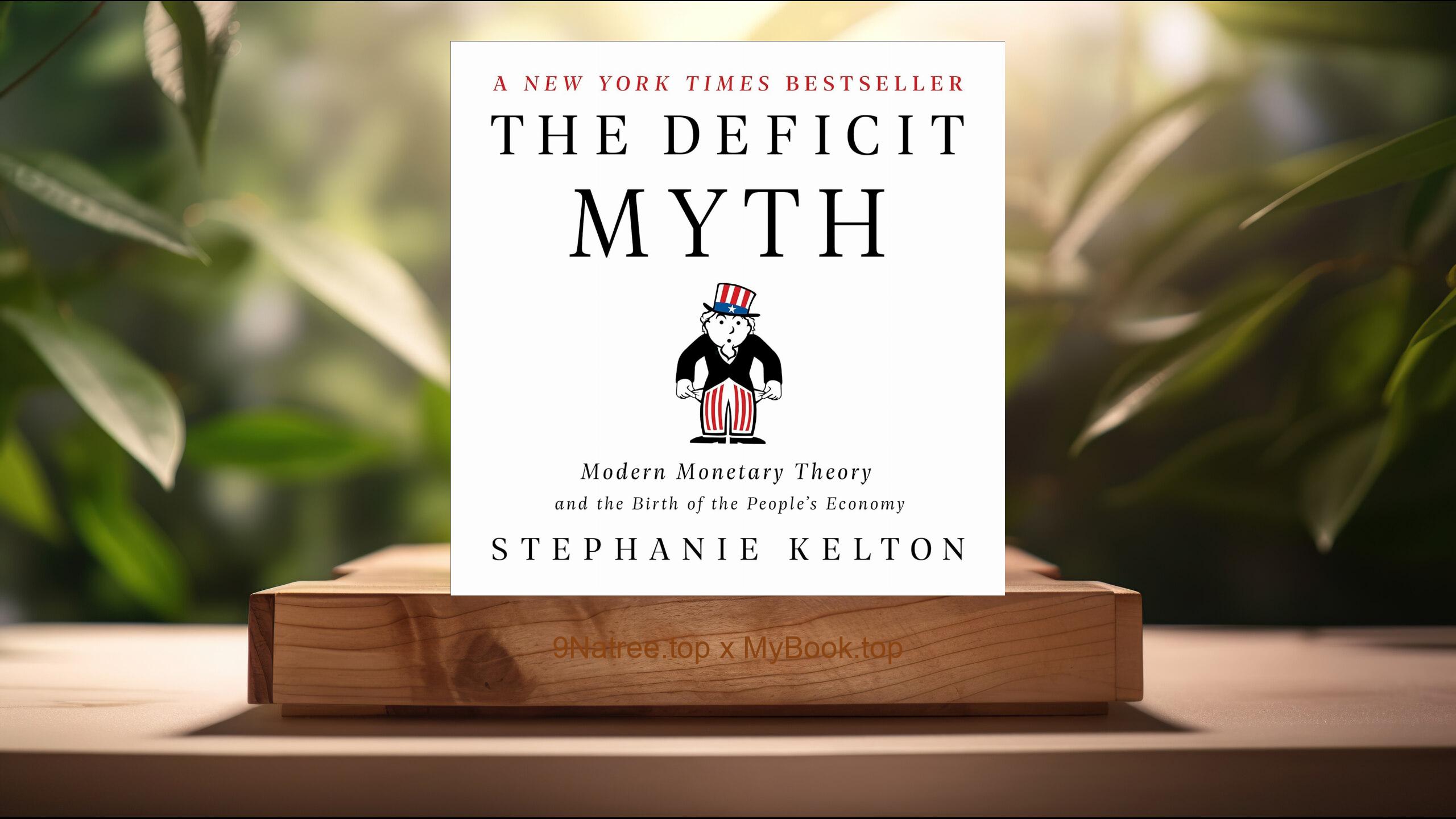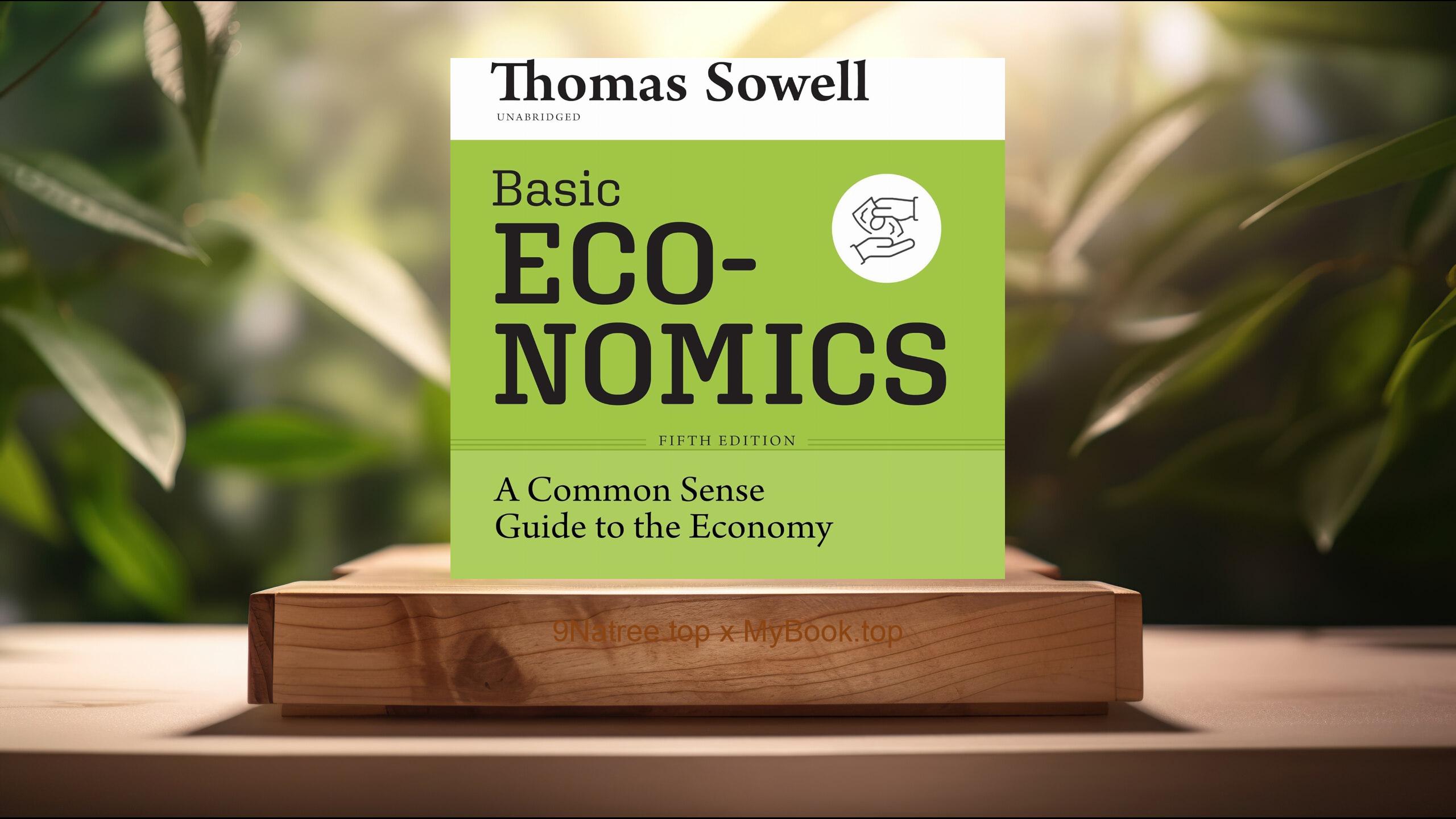Show Notes
- Amazon US Store: https://www.amazon.com/dp/B07FQWK2VX?tag=9natree-20
- Amazon Worldwide Store: https://global.buys.trade/The-General-Theory-of-Employment-Interest-and-Money-John-Maynard-Keynes.html
- Apple Books: https://books.apple.com/us/audiobook/the-general-theory-of-employment-interest-and-money/id1717954104?itsct=books_box_link&itscg=30200&ls=1&at=1001l3bAw&ct=9natree
- eBay: https://www.ebay.com/sch/i.html?_nkw=The+General+Theory+of+Employment+Interest+and+Money+John+Maynard+Keynes+&mkcid=1&mkrid=711-53200-19255-0&siteid=0&campid=5339060787&customid=9natree&toolid=10001&mkevt=1
- Read more: https://mybook.top/read/B07FQWK2VX/
#Keynesianeconomics #effectivedemand #economictheory #fiscalpolicy #monetarypolicy #interestrates #multipliereffect #unemployment #TheGeneralTheoryofEmploymentInterestandMoney
These are takeaways from this book.
Firstly, The Principle of Effective Demand, At the core of Keynes's theory is the principle of effective demand, which posits that in the short term, the level of economic activity and employment is determined not by the supply side of the market but by the effective demand for goods and services. Keynes challenged the classical assumption that markets are always clear, which means that all goods produced would find buyers, arguing instead that demand could be insufficient, leading to unsold goods and, consequently, reduced production and employment. This idea was revolutionary, suggesting that it's possible for an economy to be in equilibrium with unemployment. Keynes demonstrated how, in such situations, government intervention, through public spending and monetary policy, could stimulate demand, increase production, and reduce unemployment. This principle has had a profound influence on economic policy and the way governments respond to economic downturns.
Secondly, Interest Rates and Investment, Keynes's analysis of interest rates and their impact on investment is a crucial aspect of his theory. Unlike classical economists who viewed interest rates primarily as a reflection of the supply and demand for savings, Keynes saw interest rates as a determinant of investment. He argued that interest rates influence the cost of borrowing money, which in turn affects the willingness of businesses to invest in new projects. Lower interest rates make borrowing cheaper, encouraging investment and expansion. Conversely, high interest rates discourage investment as the cost of borrowing becomes prohibitive. This relationship between interest rates and investment spending plays a key role in Keynes’s explanation of economic fluctuations and informed his advocacy for monetary policy as a tool to manage economic activity.
Thirdly, The Multiplier Effect, Another groundbreaking concept introduced by Keynes is the multiplier effect, which describes how an initial change in spending can lead to a larger overall change in economic output. For instance, if the government increases spending on infrastructure, this not only provides direct employment but also increases the incomes of those employed, who then spend their increased earnings, further stimulating demand. This process continues, with each round of spending generating more income and more spending, leading to a multiplied effect on the overall economy. The multiplier effect highlights the potential of fiscal policy to stimulate economic activity, and it provides a mechanism through which government spending can lead to a larger increase in national income and employment than the initial expenditure itself.
Fourthly, Liquidity Preference and the Money Supply, Keynes's notion of liquidity preference as a key determinant of the interest rate challenges the classical view that the interest rate is determined by the supply and demand for savings. According to Keynes, people prefer to hold their wealth in liquid form for as long as possible because it provides security and flexibility. The demand for liquidity, along with the supply of money by the central bank, determines the interest rate. This theory supports the use of monetary policy to influence economic conditions. By adjusting the supply of money and influencing interest rates, central banks can affect investment decisions, consumption, and ultimately, employment and output levels. Keynes's emphasis on the role of money and interest rates in the economy shifted the focus of economic policy towards managing money supply and controlling interest rates as means of stabilizing economic fluctuations.
Lastly, Unemployment and Fiscal Policy, Keynes dedicated a significant portion of his work to the issue of unemployment, arguing that it was not merely a result of overpaid labor or a lack of motivation among the workforce, but a symptom of inadequate aggregate demand. In this view, when demand for goods and services is low, businesses cut back on production, leading to layoffs and high unemployment. Keynes contended that in such situations, waiting for market forces to correct themselves could lead to prolonged periods of economic stagnation. Instead, he advocated for proactive use of fiscal policy, including government spending and tax adjustments, to stimulate demand, encourage investment, and maintain employment levels. This approach represented a paradigm shift in economic thinking and laid the groundwork for modern macroeconomic policy.
![[Review] The General Theory of Employment, Interest, and Money (John Maynard Keynes) Summarized](https://episodes.castos.com/660078c6833215-59505987/images/1847046/c1a-085k3-mk08wkd0h8pj-iamzya.jpg)




